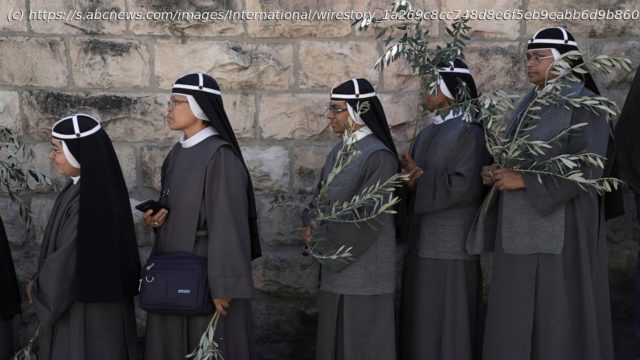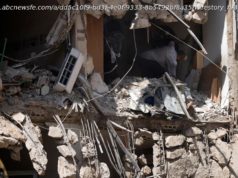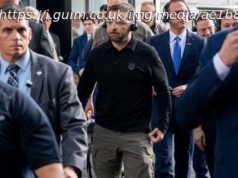Array
It’s become something of a grim, springtime tradition in the Holy Land.
Israeli police fire tear gas and rubber bullets at Palestinians stockpiling rocks and fireworks inside one of the most bitterly disputed holy sites on Earth. The violence ripples across Israel and the occupied West Bank, and militants from as far away as Gaza and Lebanon respond with rockets.
Similar tensions in 2021 boiled over into an 11-day Gaza war. Violence at the holy site in 2000 ignited a five-year Palestinian uprising and a fierce Israeli military crackdown across the occupied territories. One of the first major outbreaks of Jewish-Arab violence occurred in Jerusalem’s Old City in the spring of 1920, in what became known as the Nebi Musa riots.
What is it about Jerusalem? What is it about the hilltop compound in the heart of the Old City known to Muslims as the Noble Sanctuary and to Jews as the Temple Mount?
WHY IS THE JERUSALEM HOLY SITE SACRED TO MUSLIMS AND JEWS?
The Noble Sanctuary, home to the Al-Aqsa Mosque and the iconic golden Dome of the Rock, is the third holiest site in Islam. It is also the holiest site for Jews because it was the location of biblical temples.
The Romans destroyed the Second Temple in 70 A.D., with only the Western Wall remaining. The mosques were built centuries later.
Neighboring Jordan serves as the custodian of the site, which is operated by an Islamic endowment known as the Waqf. The site is open to tourists during certain times but only Muslims are allowed to pray there. That’s according to informal rules established after the 1967 Mideast war in which Israel captured east Jerusalem where the shrine is located, along with the West Bank and Gaza Strip. Israel, Jordan and Muslim religious authorities helped set the rules, known as the status quo. The Western Wall is the holiest site where Jews can pray.
WHAT’S BEHIND THE VIOLENCE AT THE JERUSALEM HOLY SITE?
The Palestinians view the holy site as the last remnant of their homeland that is not under full Israeli control, and they fear that Israel plans to one day take over the site or partition it.
Israeli officials say they have no intention of changing the status quo that has prevailed at the site since 1967.






